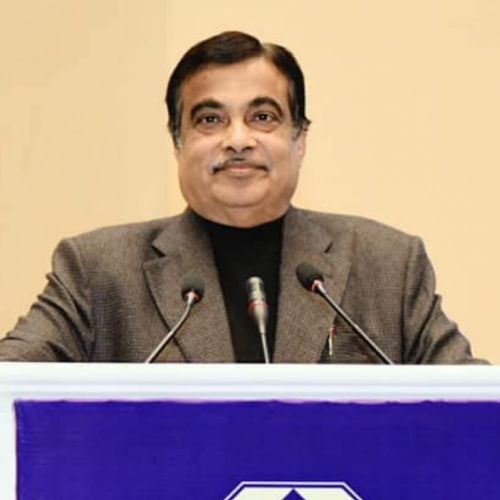After achieving the milestone of 20% ethanol blending in petrol, India is now poised to begin ethanol exports due to its surplus production, said Union Minister for Road Transport and Highways, Nitin Gadkari, on Wednesday.
Speaking at the 2nd International Conference and Exhibition on Bioenergy and Technologies in New Delhi, Gadkari stated, “The time has come for India’s forward-looking development. We must reduce imports and boost exports. With ethanol production exceeding domestic demand, exporting it has become a national necessity.”
As of June 30, 2025, India’s annual ethanol production capacity had reached approximately 1,822 crore litres. This growth has been largely driven by the government’s Ethanol Blended with Petrol (EBP) Program, which has encouraged increased output to meet its 20% blending target for the Ethanol Supply Year (ESY) 2025-26. Ethanol production draws from both sugarcane-based molasses and grain-based feedstocks such as maize and rice. In the current ESY 2024-25, India had already achieved an average ethanol blending rate of 19.05% by July 31, 2025.
Gadkari acknowledged Brazil’s leadership in ethanol development and emphasized India’s rapid progress in the sector. Highlighting the economic benefits, he noted that ethanol production, particularly from corn, has significantly increased farmer incomes.
“Thanks to ethanol initiatives, farmers now earn Rs 45,000 crore more every year. Shifting agriculture towards energy production is the need of the hour,” he remarked.
He further outlined India’s progress, noting that petrol now contains up to 20% ethanol. Gadkari also referenced ongoing initiatives to convert rice straw into ethanol and bio-CNG, a move aimed at tackling stubble burning and reducing air pollution in Delhi.
“With 500 plants being developed, rice straw is no longer waste—it’s a source of energy,” he said.
Discussing innovation, the Minister highlighted successful trials of bio-bitumen roads, ethanol-fueled generators, and flex-fuel vehicles. He mentioned that major automobile manufacturers including Toyota, Tata, Mahindra, Suzuki, and Hyundai are embracing flex-fuel technology, with similar transitions occurring in the tractor and construction equipment sectors, where companies are shifting toward biofuels and hydrogen.
Gadkari also pointed to emerging clean fuel technologies such as green hydrogen and sustainable aviation fuel, citing several pilot projects already underway.
Reaffirming the government’s commitment to alternative fuels, he stressed the broader goals of pollution reduction, cutting import dependence, and enhancing farmer welfare.
“Transport fuels account for nearly 40% of India’s air pollution. Simultaneously, we spend Rs 22 lakh crore annually on importing fossil fuels. It’s time for both India and the world to adopt alternatives like ethanol, bio-CNG, and sustainable aviation fuel,” he said.
Concluding his address, the Minister described biofuels as a transformative opportunity for rural India, not only for environmental benefits but also for economic empowerment.
“This is more than just reducing emissions—it’s about creating jobs, supporting agriculture, and building an Atmanirbhar Bharat. The sky is the limit for India’s biofuel future,” he asserted.














